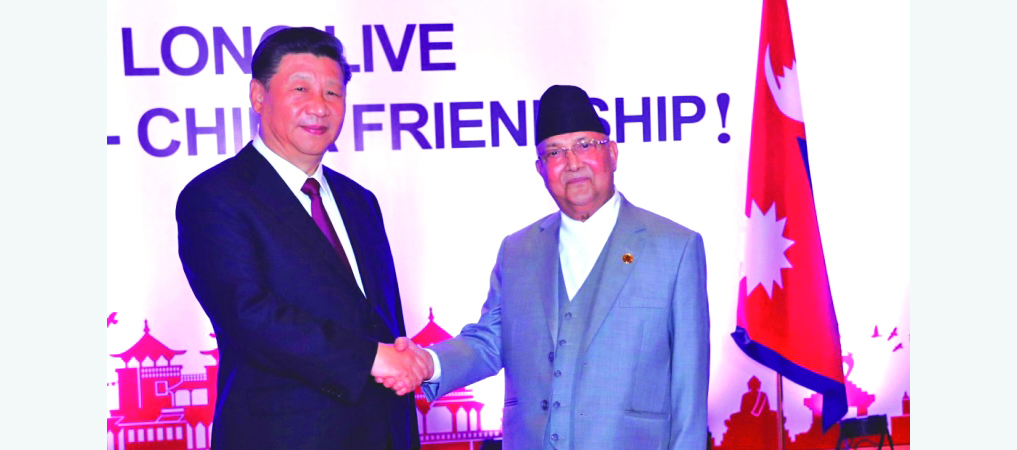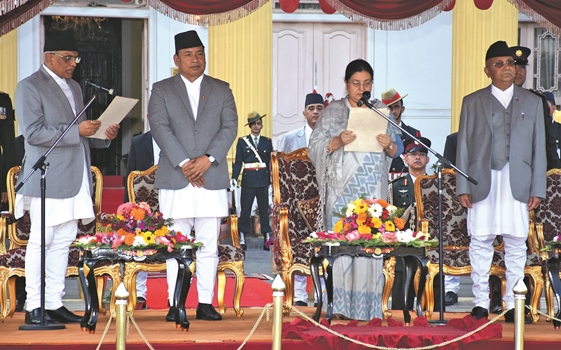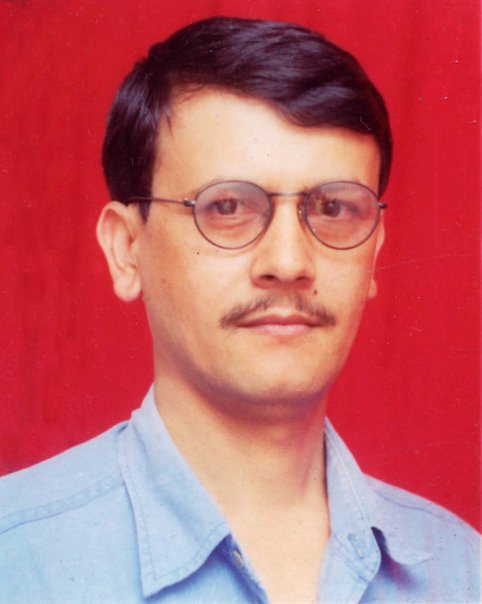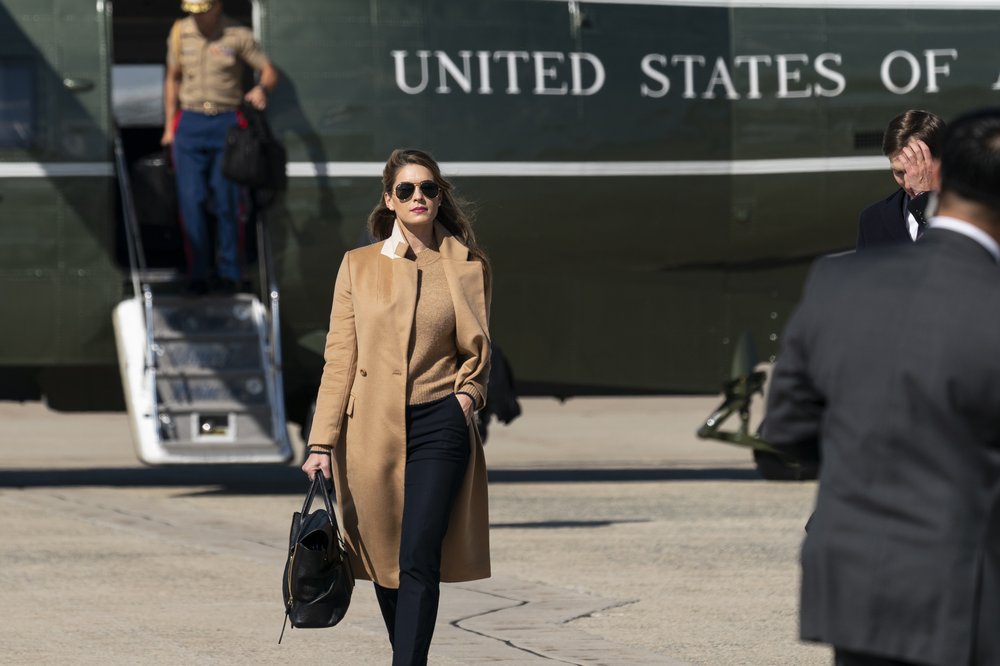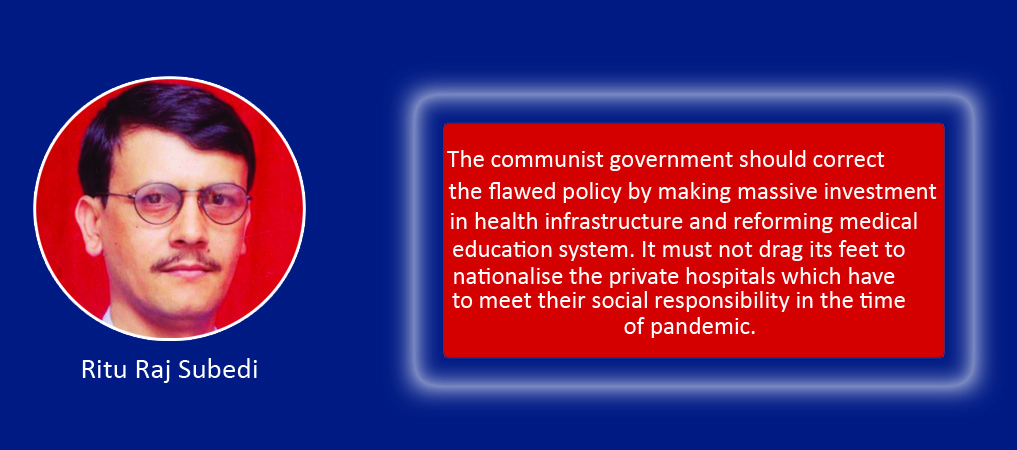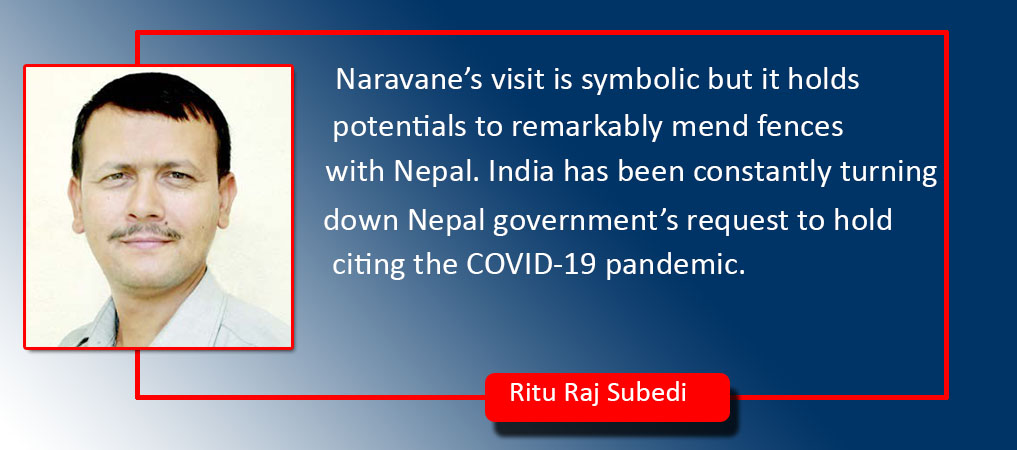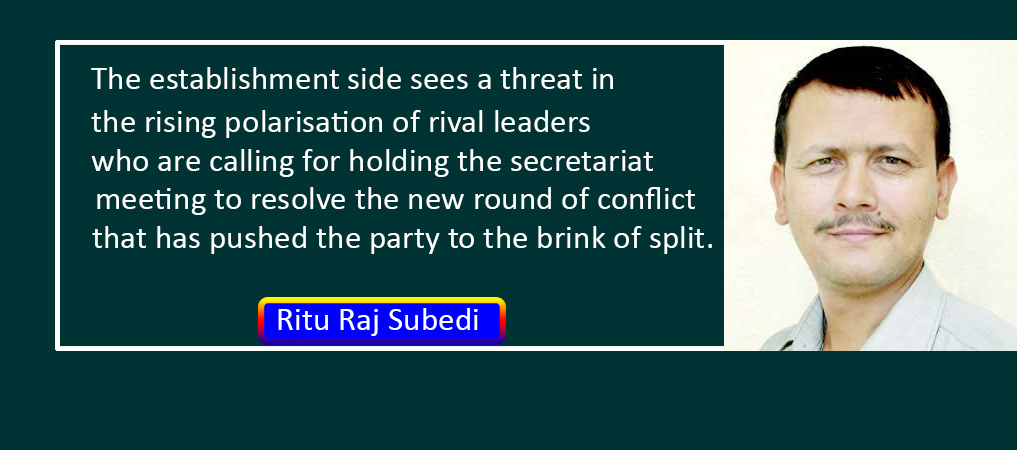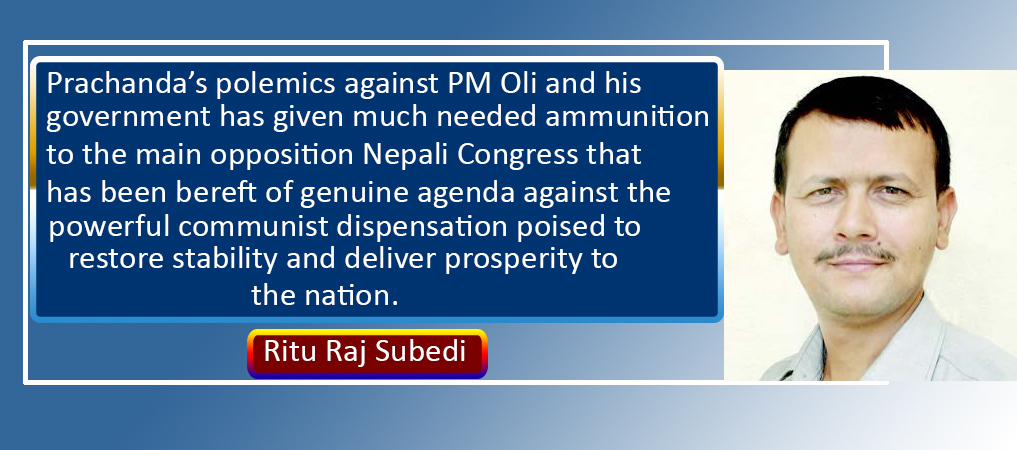Can Nepal Lead Socialist Movement?
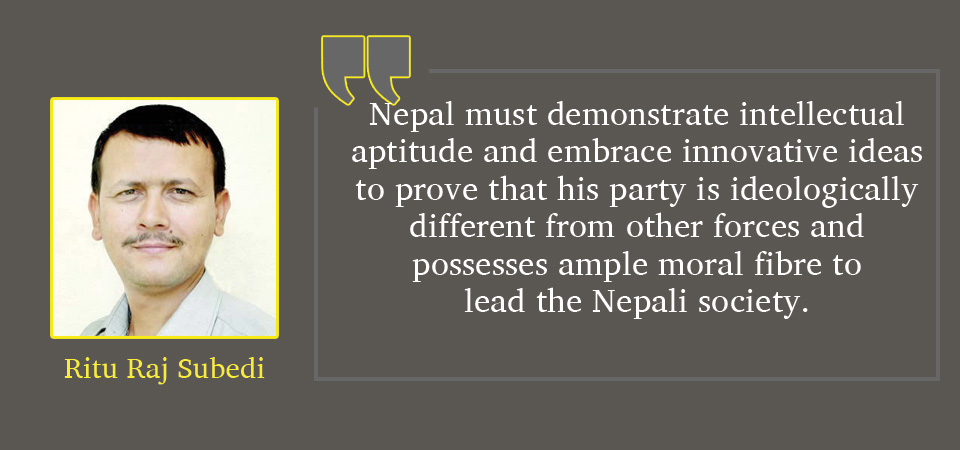
Ritu Raj Subedi
Bhadra 2, 2078 B.S., has turned another jerking point in the history of Nepali communist movement. The day saw the formal split of main opposition CPN-UML considered as the country’s most organised and systematic political force. Madhav Kumar Nepal, who was a senior leader of UML, has made a painful divorce with his arch rival KP Sharma Oli. Their long-drawn bickering has ended in the party’s vertical split, which is not new in more than seven decade-long left movement marked by a series of integrations and disintegrations. The division has not only dealt a blow to the UML but it will have broader implications for the country’s upcoming politics.
Sisyphean task
At the age of 69, leader Nepal has thrown himself into a Sisyphean task of building a new party. Fed up with humiliation, taunts and indignity at hand of his long-time comrade Oli, Nepal chose to tread a path full of formidable challenges. Nepal-Oli camaraderie had begun in 2029 BS and it continued till the UML’s 9th convention held seven years ago. He lost to Oli in the party’s election for the post of chairman with a margin of 39 votes. Nepal and Oli were the lieutenants of party charismatic leader Madan Bhandari and followed the latter’s ideology – people’s multiparty democracy. Both had teamed up when there was two-line struggle within the party.
It must be agonising for Nepal to desert a party for which he spent all his energy, youth and time covering almost 50 years of his life. Nepal served as the UML general secretary for 14 years following the demise of Bhandari in 2050 B.S. He had played a vital role in expanding the CPN-Marxist-Leninist (ML), the predecessor of UML. “Nepal had made the biggest contribution to the ML movement. He and I had issued a joint appeal in 2031 B.S. for reorganisation of communist parties and formed the Coordination Centre on Jestha 24-25, 2032 B.S., to this end,” said CP Mainali, founding general secretary of ML that was established in 3035 B.S. Mainali added that Nepal was second in command in party since then. As Oli spent 14 years in prison, he played little role in expanding the party organisation and struggle against party-less Panchayat system, said Mainali.
Ironically, Nepal-Oli relations started to go sour after the merger of UML and Maoist Centre into the Nepal Communist Party (NCP) on Jestha 3, 2075 B.S. With Oli and Pushpa Kamal Dahal Prachanda becoming the two pilots (chairs) of jumbo NCP jet, Nepal’s political space within the party gradually shrank. Oli cultivated friendship with Prachanda at the expense of Nepal. As a powerful Prime Minister of near two-thirds majority, Oli also began to ignore Prachanda and took one unilateral decision after another, dumping the spirit of collective leadership. Then, Nepal and Prachanda banded together to resist Oli’s authoritarian behaviour and acts. Their differences soon morphed into nasty intra-party conflict, culminating in the dissolution of the House of Representatives (HoR).
Oli’s failure to respect the Supreme Court’s verdict to return the UML to its status prior to Jestha 2, 2075 B.S., forced Nepal to pursue an alternative course of action. He allied with CPN-Maoist Centre chair Prachanda and Nepali Congress president Sher Bahadur Deuba against Oli’s unconstitutional move to dissolve the HoR. Nepal was the key figure behind the downfall of Oli-led government and formation of Deuba-led one of the five-party alliance. He dared to violate parliamentary whip and party discipline to protect parliament, constitution and new federal democratic polity.
On last Wednesday, the government introduced an ordinance to facilitate the Nepal faction of UML to form a new party but its establishment took disciplinary action against its 14 lawmakers to pre-empt the registration of the new party. The ordinance allows the party leaders to split with the support of 20 per cent of its central committee or Parliamentary Party and register it at the Election Commission. On Friday, the EC recognised CPN (Unified Socialist) as Nepal’s new party and called its CC members to attend the office in person for the verification of their signatures.
Upon finalising the name of his party, Nepal blamed Oli for shutting all doors of unity, compelling them to open the new party. “We have formed a new party - NCP (Unified Socialist) - by revamping the UML after attempts were made to capture, discredit and finish it that gained popularity with our initiatives,” he said, adding that all justice-loving people will cooperate with the new force for new culture and prosperity through the communist party-led movement.
Senior leaders Jhalanath Khanal and Bamdev Gautam have thrown their support behind Nepal but his second-rung leaders, who were main strength behind his rebellion against the establishment, refused to assist him in splitting the UML. They have created a third stream within the UML and issued an ultimatum to Oli to implement the 10-point agreement by Tuesday, and also urged Nepal to stop the process of establishing the new party. Their desperate efforts to unite the party are likely to go down the tube as Oli has not given a hoot about their demand.
Innovative ideas
Nepal has largely relied on third generation leaders to strengthen his 95-member new party backed by 31 lawmakers and 58 central members of UML. He has laid emphasis on socialism as indicated by the name of his party. UML’s 9th convention had adopted scientific socialism to promote inclusive growth and create an egalitarian society. Nepal’s constitution also aims to build a socialism-oriented economy. Nepal now faces a billion dollar question – can he put the nation on the socialist path with his nascent party? The term ‘socialism’ has become a popular word among Nepali leaders but they lack political will, programme and action to realise it. The successive governments have been following neoliberal policies contradicting the constitution’s vision. Nepal must demonstrate intellectual aptitude and embrace innovative ideas to prove that his party is ideologically different from other forces and possesses ample moral fibre to lead the Nepali society.
(Deputy Executive Editor of The Rising Nepal, Subedi writes regularly on politics, foreign affairs and other contemporary issues. subedirituraj@yahoo.com)
Recent News

Do not make expressions casting dout on election: EC
14 Apr, 2022
CM Bhatta says may New Year 2079 BS inspire positive thinking
14 Apr, 2022
Three new cases, 44 recoveries in 24 hours
14 Apr, 2022
689 climbers of 84 teams so far acquire permits for climbing various peaks this spring season
14 Apr, 2022
How the rising cost of living crisis is impacting Nepal
14 Apr, 2022
US military confirms an interstellar meteor collided with Earth
14 Apr, 2022
Valneva Covid vaccine approved for use in UK
14 Apr, 2022
Chair Prachanda highlights need of unity among Maoist, Communist forces
14 Apr, 2022
Ranbir Kapoor and Alia Bhatt: Bollywood toasts star couple on wedding
14 Apr, 2022
President Bhandari confers decorations (Photo Feature)
14 Apr, 2022



